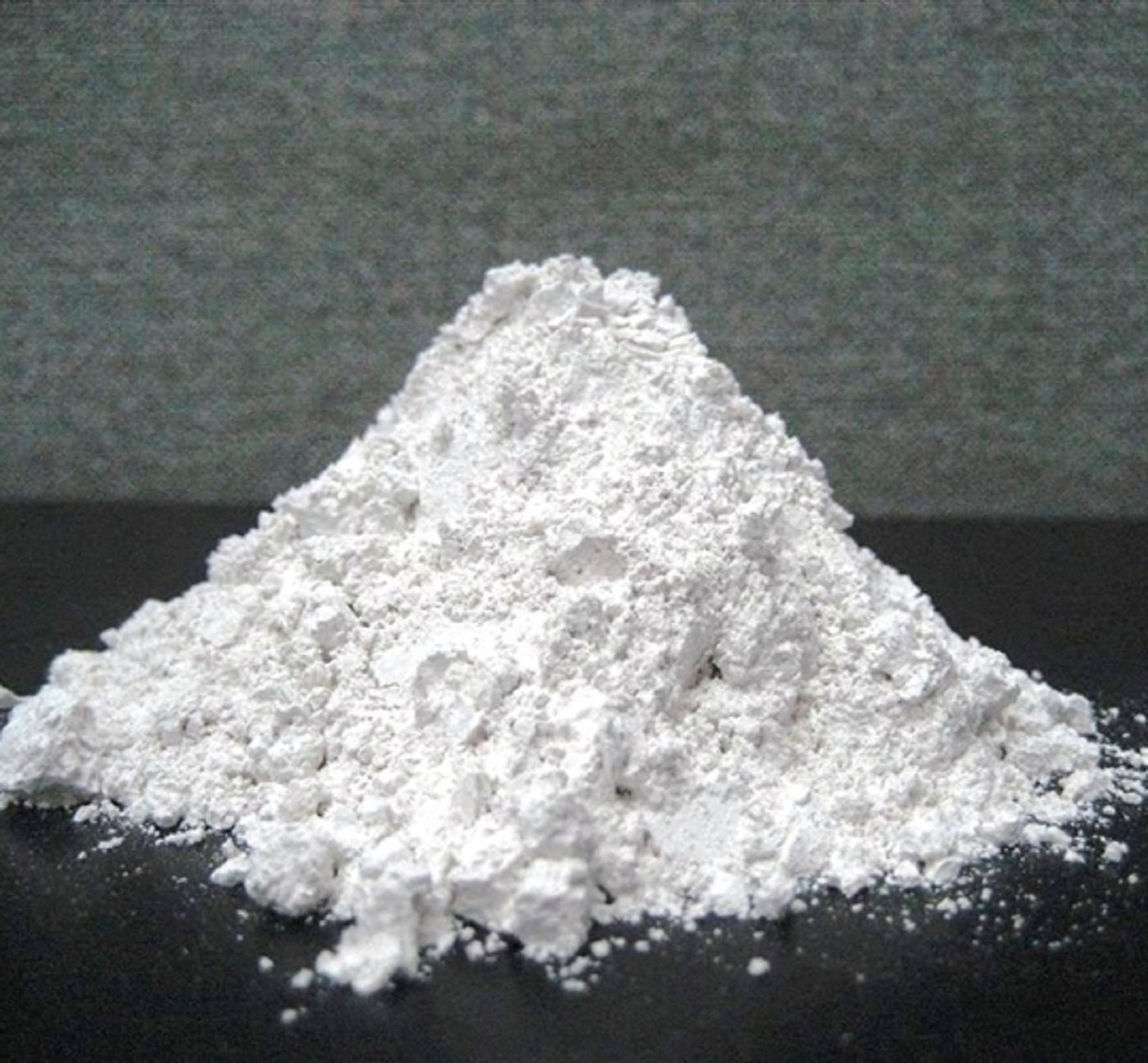Limestone Powder for Agriculture: Soil Amendment and pH Control
Agricultural limestone powder is a vital soil amendment that plays a crucial role in modern farming practices. This comprehensive guide explores how limestone powder improves soil health, controls pH levels, and enhances crop yields through its unique chemical properties and agricultural benefits.

Agricultural Benefits
- Neutralizes soil acidity
- Improves nutrient availability
- Enhances soil structure
- Increases crop yields
Understanding Soil pH and Limestone Powder
Soil pH is a critical factor that directly affects plant growth and nutrient availability. Most crops thrive in slightly acidic to neutral soil (pH 6.0-7.5). When soil becomes too acidic (pH below 6.0), essential nutrients become less available to plants, leading to stunted growth and reduced yields.
Limestone powder contains calcium carbonate (CaCO₃), which acts as a natural pH buffer. When applied to acidic soils, limestone powder reacts with hydrogen ions, raising the pH level and creating a more favorable environment for plant growth.
Key Benefits of Limestone Powder in Agriculture
1. pH Neutralization
Limestone powder effectively neutralizes soil acidity by releasing calcium and carbonate ions. This process helps maintain optimal pH levels for crop growth and nutrient uptake.
2. Nutrient Availability Enhancement
Proper pH levels improve the availability of essential nutrients like phosphorus, potassium, and micronutrients. This leads to healthier plants and better crop yields.
3. Soil Structure Improvement
Calcium from limestone powder helps bind soil particles together, improving soil structure, water retention, and root penetration.
4. Microbial Activity Enhancement
Optimal pH levels promote beneficial microbial activity in the soil, which aids in organic matter decomposition and nutrient cycling.
Application Methods and Best Practices
Surface Application
For established crops, limestone powder can be applied to the soil surface and incorporated through tillage or natural processes.
Incorporation During Tillage
Mixing limestone powder into the soil during tillage ensures even distribution and faster pH adjustment.
Pre-Planting Application
Applying limestone powder before planting allows time for pH adjustment and ensures optimal growing conditions from the start.
Crop-Specific Applications
Cereal Crops
Wheat, rice, and corn benefit significantly from limestone powder application, showing improved yields and grain quality.
Legumes
Soybeans, peas, and beans show enhanced nitrogen fixation and improved protein content with proper pH levels.
Quality Considerations for Agricultural Limestone
Particle Size
Finer limestone powder particles react faster with soil, providing quicker pH adjustment. However, coarser particles provide longer-lasting effects.
Purity Levels
High-purity limestone powder ensures consistent results and reduces the risk of introducing unwanted contaminants to the soil.
Calcium Content
Higher calcium content provides additional nutritional benefits to crops while improving soil structure.
Environmental Benefits
Using limestone powder in agriculture offers several environmental advantages:
- Reduced Chemical Fertilizer Use: Improved nutrient availability reduces the need for synthetic fertilizers
- Enhanced Water Quality: Better soil structure reduces runoff and improves water infiltration
- Carbon Sequestration: Limestone powder can help sequester carbon in agricultural soils
- Sustainable Farming: Natural soil amendment supports sustainable agricultural practices
Application Rates and Timing
Proper application rates depend on soil type, current pH level, and target pH. Generally, 1-2 tons of limestone powder per acre is recommended for pH adjustment. Application timing should consider:
- Soil testing results
- Crop rotation schedule
- Weather conditions
- Equipment availability
Professional Recommendation
Always conduct soil testing before applying limestone powder to determine the exact application rate needed for your specific soil conditions and crop requirements.
Agricultural Limestone: What It Is and How It Works
Agricultural limestone (also called aglime or agricultural lime) is ground limestone rock applied to farmland to correct soil acidity. It is the most widely used soil amendment in the world. When agricultural limestone dissolves in soil moisture, it releases calcium (Ca²⁺) and carbonate (CO₃²⁻) ions. The carbonate ions neutralise hydrogen ions (H⁺) in acidic soil, raising the pH toward the optimal 6.0–7.0 range for most crops.
Agricultural limestone also supplies calcium — an essential plant nutrient for cell wall formation, root growth, and disease resistance. Shikhar Microns supplies agricultural-grade limestone powder from Rajasthan, India.
Limestone Powder Neutralising Value
The limestone powder neutralising value (NV) measures its effectiveness at raising soil pH. It is expressed as a percentage of pure CaCO₃ — pure calcium carbonate has a neutralising value of 100%. Key factors that affect NV:
- CaCO₃ content: Higher purity = higher NV. Our limestone powder is 95–98% CaCO₃.
- Particle size: Finer powders (300–500 mesh) react faster with soil acids than coarser grades
- Magnesium content: MgCO₃ also neutralises acidity; dolomitic limestone (with Mg) can have NV >100%
- Moisture: Lower moisture = higher effective NV per tonne applied
Always check the neutralising value on the Certificate of Analysis (COA) before purchasing limestone for agriculture. Contact Shikhar Microns for COA, NV data, and bulk pricing.
Conclusion
Limestone powder is an essential tool in modern agriculture, providing natural soil amendment benefits that improve crop yields, soil health, and environmental sustainability. By understanding proper application methods and quality considerations, farmers can maximize the benefits of limestone powder for their agricultural operations.
At Shikhar Microns, we provide high-quality limestone powder specifically processed for agricultural applications, ensuring consistent results and optimal crop performance.